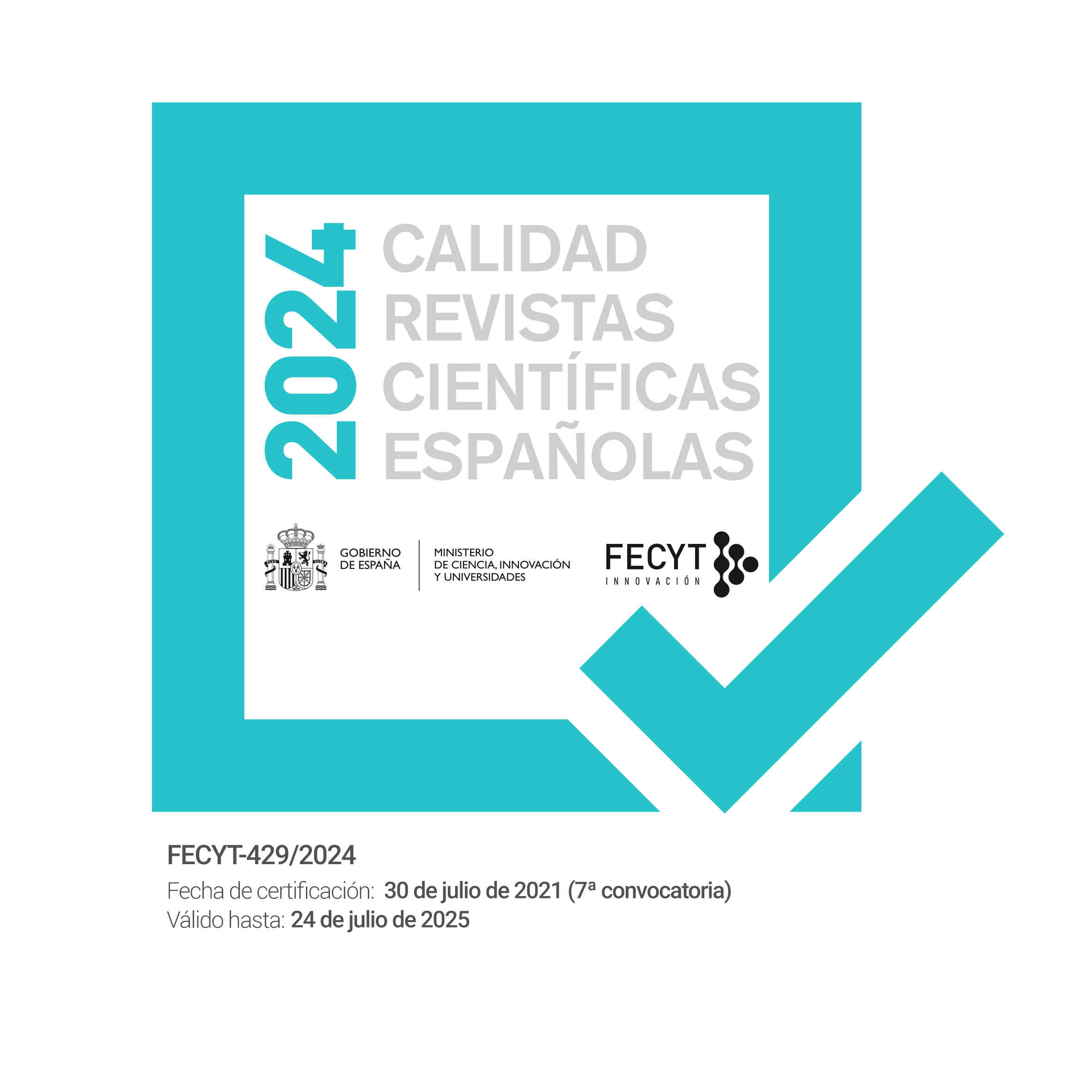Descartes on the Intellectual Nature of Human Sense Perception: From the Innermost Self to the Material World
DOI:
https://doi.org/10.26754/ojs_arif/a.rif.201511116Resumen
In this essay, I argue that a proper understanding of the Cartesian proof of the external world sheds light on some vexatious questions concerning his theory of sense perception. Three main points emerge from the discussion: a picture of the mind, conceived as the power of understanding, as essentially related to the physical world; an extension of rationality such as it includes a set of necessities that neither can be deduced from the principles furnished by pure understanding alone nor are to be found among the particular items of sense experience; and a conception of human sense perception as a composite power that includes sensory awareness as well as understanding, and so that establishes a sharp distinction between human and animal sensory awareness. As far as agency is a constitutive ingredient of human sense perception, Descartes’ doctrine is in line with some current versions of a virtue epistemology.
Descargas
Descargas
Publicado
Número
Sección
Licencia
Los autores que publican en esta revista están de acuerdo con los siguientes términos: los autores conservan los derechos de autor y garantizan a la revista el derecho de ser la primera publicación del trabajo al igual que licenciado bajo una Creative Commons Reconocimiento-No Comercial-Sin Obra Derivada 4.0 (CC BY-NC-ND) que permite a otros compartir el trabajo con un reconocimiento de la autoría del trabajo y la publicación inicial en esta revista. Los autores pueden establecer por separado acuerdos adicionales para la distribución no exclusiva de la versión de la obra publicada en la revista (por ejemplo, situarlo en un repositorio institucional o publicarlo en un libro), con un reconocimiento de su publicación inicial en esta revista.






